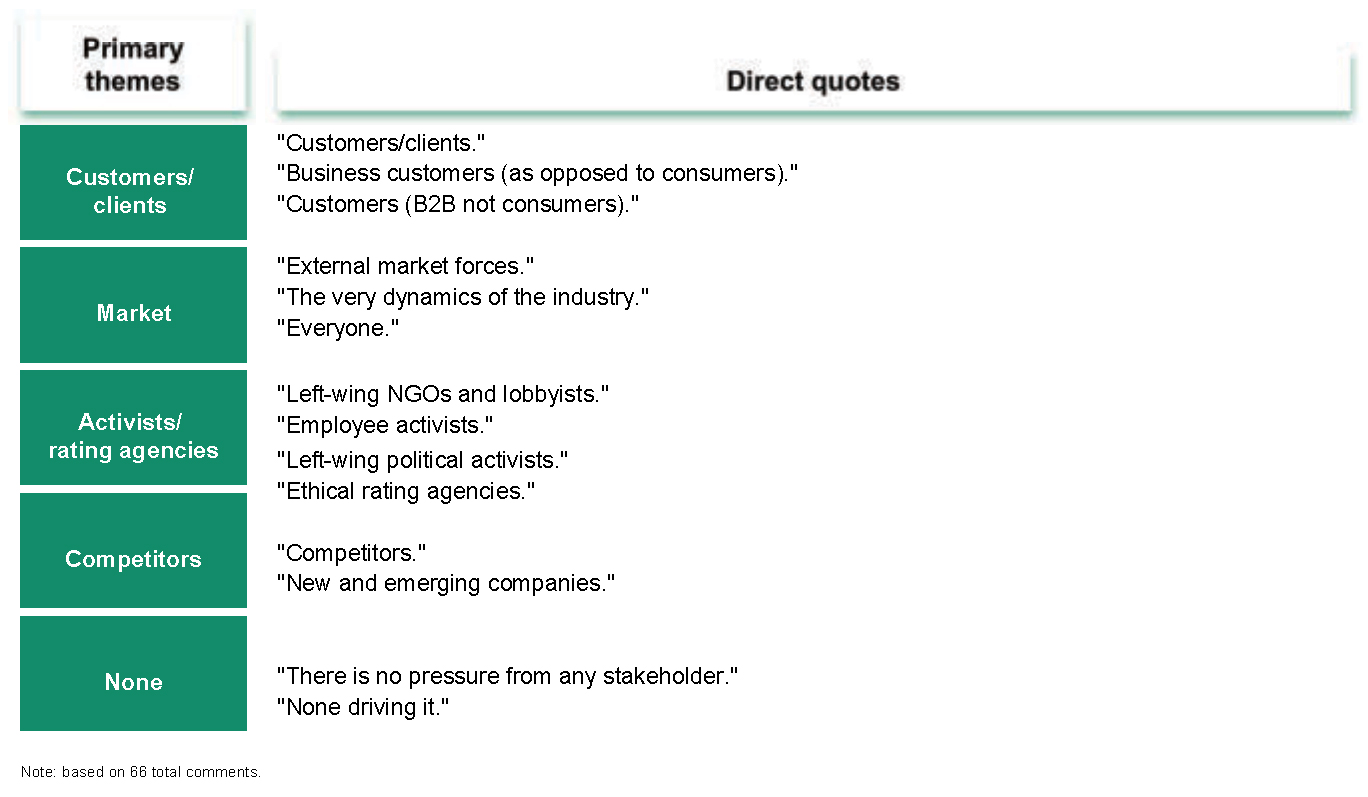Values are the guiding principles that shape an individual's or organization's behavior. In the context of business, values play a crucial role in determining the sustainability of an organization. Sustainability refers to the ability of a business to continue operating and growing over the long-term, while also considering the impact of its activities on the environment and society.
There are several reasons why values are important for business sustainability. First, values help to establish a clear sense of purpose and direction for the organization. By aligning their actions with their values, businesses can ensure that they are working towards their long-term goals and staying true to their mission. This can help to build trust with stakeholders, such as customers, employees, and investors, and can also foster a positive corporate culture.
Second, values can help businesses to make ethical and responsible decisions. In today's business landscape, consumers and investors are increasingly looking for companies that prioritize sustainability and social responsibility. By embracing values such as integrity, transparency, and fairness, businesses can demonstrate their commitment to these principles and build trust with their stakeholders. This can also help to reduce the risk of negative consequences, such as reputational damage or legal consequences, that can arise from unethical or irresponsible behavior.
Third, values can help businesses to adapt to changing market conditions and societal expectations. By staying true to their values, businesses can remain flexible and responsive to the needs of their stakeholders. For example, if a business values innovation, it may be more likely to embrace new technologies and business models that allow it to stay competitive in a rapidly changing market. Similarly, if a business values social responsibility, it may be more likely to adopt sustainable practices that align with the expectations of its customers and investors.
In conclusion, values are crucial for business sustainability. They help to establish a clear sense of purpose and direction, enable businesses to make ethical and responsible decisions, and allow them to adapt to changing market conditions and societal expectations. By embracing their values, businesses can ensure that they are able to thrive and grow over the long-term, while also considering the impact of their activities on the environment and society.







